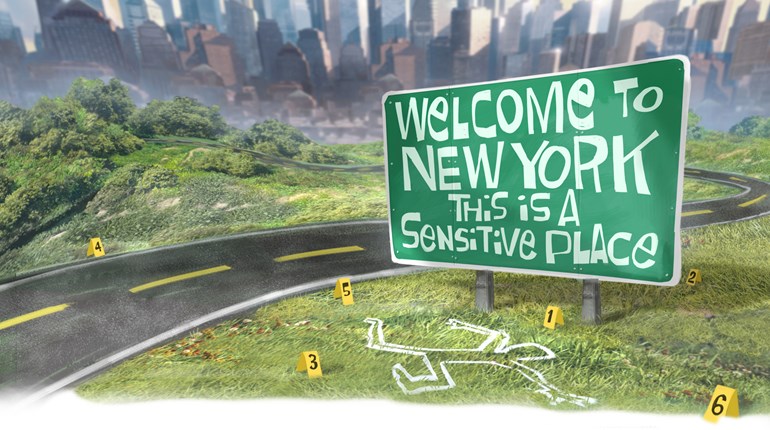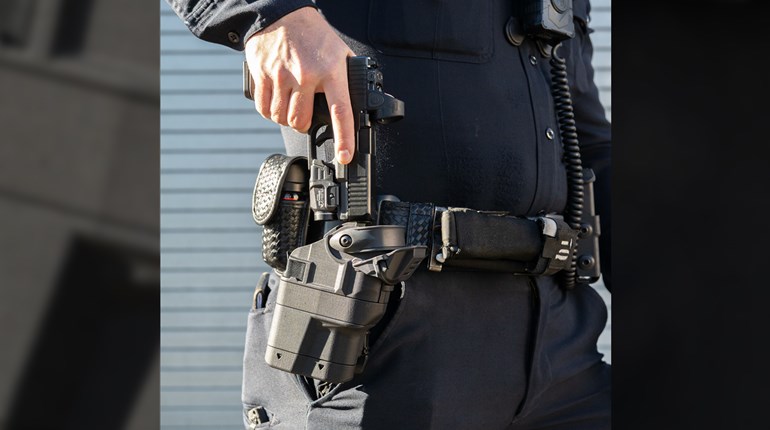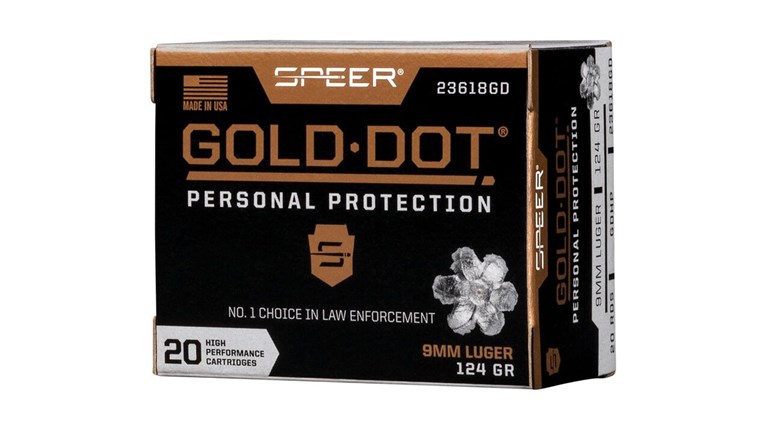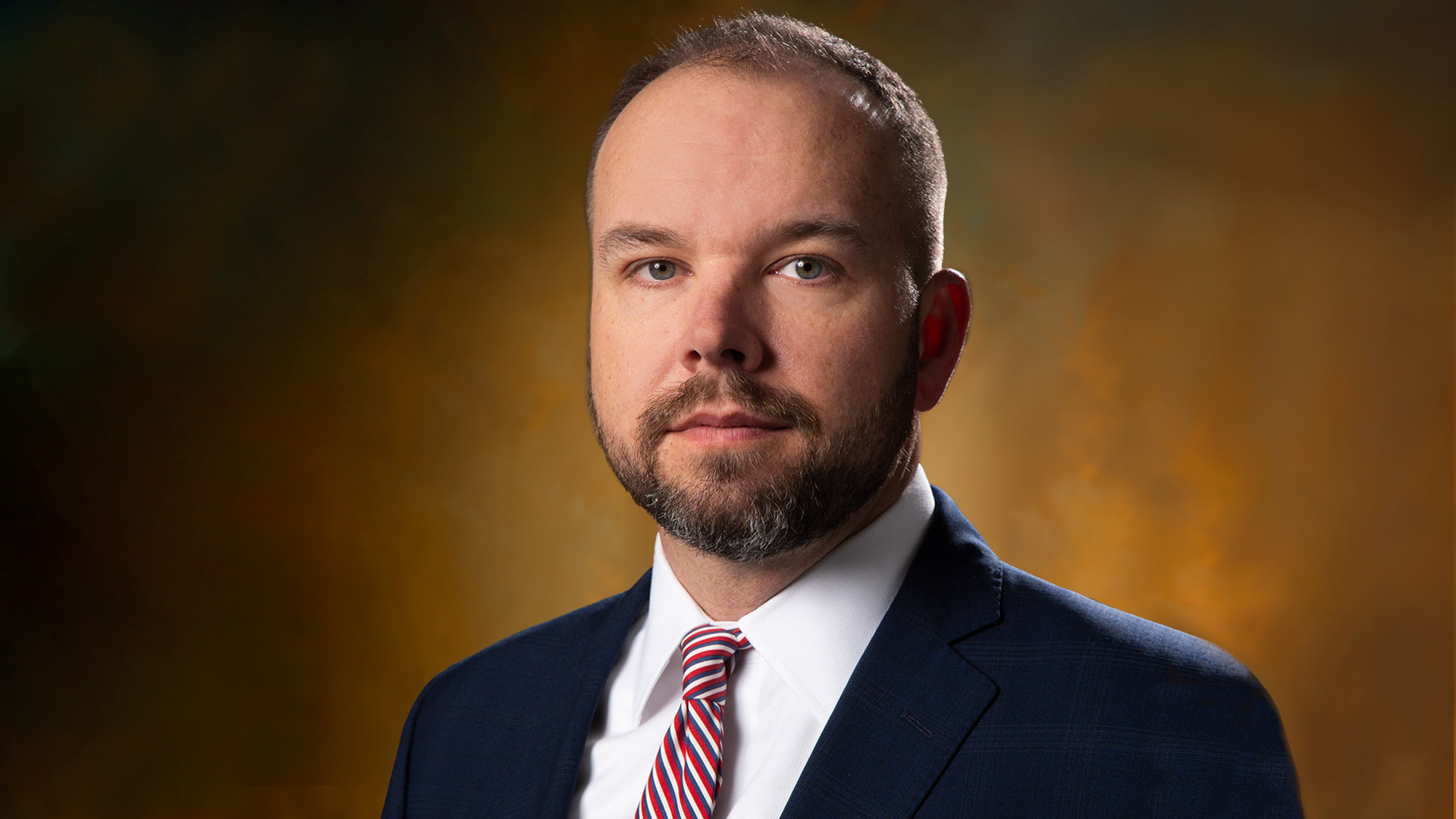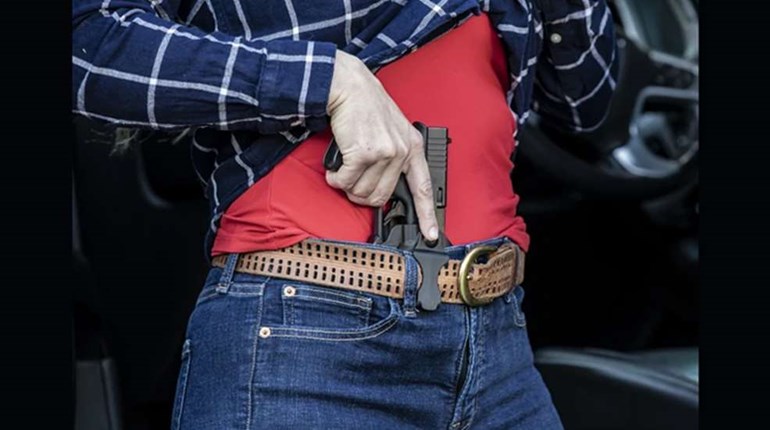
For many big-city officials, there’s nothing quite like a good gun “buyback.” They get lots of publicity, and they look (to the uninformed, at least) as if they’re doing something tangible to cut down on violent crime and accidental gun deaths. Gun “buybacks” are voluntary and pleasantly evoke reward instead of punishment for compliance; there’s an air of benevolent paternalism about them that probably gives many a mayor or police chief a sense of pride. The problem, of course, is that they’re worthless.
Or worse than worthless, even—street gangs and other organized crime organizations with access to large numbers of illegal firearms are quite capable of turning in their less valuable or damaged surplus guns in return for the funds to buy nice new ones. Extensive evidence reveals that gun “buybacks” do nothing to reduce crime and are a waste of money—usually supplied by taxpayers!—but since they make people feel good, they don’t appear to be going anywhere.
2015 was a banner year for gun “buybacks” that were depressingly hilarious in their ineffectiveness, so we thought we’d compile a list of our favorites. We hope you enjoy them as much as we did!
Mexico
This one is actually more scary than anything. A program in Mexico intended to reduce street crime netted all kinds of firearms of questionable quality from criminals and enterprising individuals happy to make a few bucks off of the government’s mistake. Obviously homemade “zip guns” and one antique revolving rifle were among the haul. The number of makeshift firearms turned in suggests that gangs were using the buyback as an opportunity to trade up, swapping their cheap, unreliable guns for money to spend on better arms.
Chicago
Speaking of gaming the system, one gun-rights group in Illinois used one of Chicago’s frequent “buyback” initiatives as a means to raise money to defend the Second Amendment. Champaign-based Guns Save Lives publicly announced its intentions to assemble a load of non-functioning guns and turn them in, allocating the resulting funds to campaigning for pro-gun reforms. It wasn’t the first time; GSL similarly turned a “buyback” into a fundraiser back in 2012. “We’ll turn that scrap metal into Chicago taxpayer cash that we’ll use to help train and educate America’s next generation of gun owners,” said John Boch, GSL’s executive director. “How is that for delicious irony?”
Cleveland
Most gun “buybacks” have the intention of getting actual guns off the street, but Cleveland bucked the trend by concentrating on an even higher goal: Making small children cry. The Toy Gun Buyback—which occurred in June for the second year running—offered supermarket gift cards to the first 100 parents who turned over their children’s “toy, pellet or replica guns.” They also provided comic books to the children as a consolation for having hysterical killjoys for parents.
Tacoma
Theorizing that the process of turning in guns to the actual police scared off many owners of illegal firearms, city officials in Tacoma, Wash., devised the idea of a gun “drop box.” Such a measure would also have the advantage of being cheap—important given that the number of guns netted would likely still be low. Critics pointed out that criminals would no longer have to worry about destroying or hiding crime guns; once they finished with them, they could simply drop them off and go on their way without being identified. That’s not even mentioning the possibility that criminals could find a way of getting guns back out of the box.
Baltimore
Seeking an attractive and symbolic incentive, a nonprofit in Baltimore, Md., that trains young people to use computers assembled 70 Google Chromebooks to give away—in exchange for guns, of course. It was a nice gesture, but evidently not very alluring to the people it targeted: While the city rolled out the buyback with great fanfare, only 17 guns were turned in. We never heard what they did with all the extra laptops.
Boston
Questioned as to the value of Boston’s ongoing gun “buyback” program, Police Commissioner William B. Evans stated, “If we get one gun off the street, this program’s effective.” That seems like setting the bar awfully low, but the commissioner’s words were serendipitous, or carefully chosen: At the time of his statement, the city had netted exactly one gun for the year.
New York
Evidently fed up with low compliance rates among the actual owners of illegal guns, NYPD Deputy Commissioner for Collaborative Policing Susan Herman suggested widening the scope of “buybacks” to allow individuals to turn in other people’s guns. Herman went so far as to admit that “buybacks” have “minimal impact” on crime in New York; she envisioned a new method of encouraging relatives of gun owners to remove the firearms from the home and give them to police. “Nobody asks who you are, where you got it, anything,” she elaborated. “You should be able to turn in, get rid of the gun in your house any time you want.” Given the vindictive nature of many owners of illegal firearms, we sincerely hope that her vision never becomes a reality.
Greensboro
Police in Greensboro, N.C., went farther than simply asking residents to turn in guns; they also encouraged them to sign a “pledge of non-violence” while they were there. The event’s organizers made sure to specify that there was no limit to the number of firearms that they would accept. While a report of the buyback mentioned victoriously that “almost 1,000 people” signed the pledge, NRA-ILA noted that the accompanying footage revealed only two items that had been turned in: A BB gun and a hunting knife.












